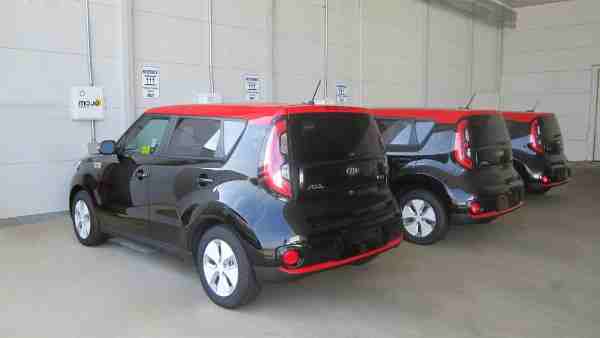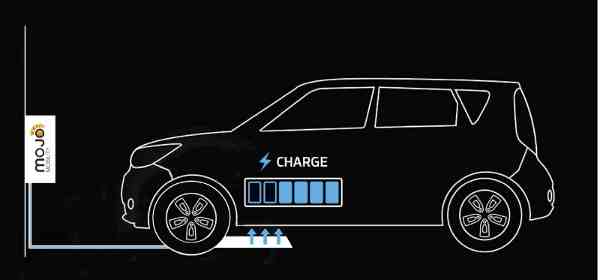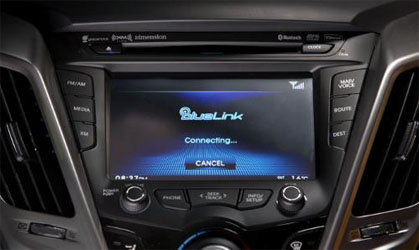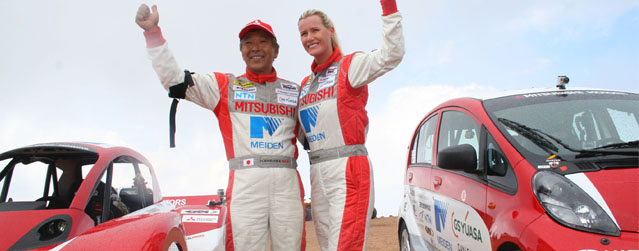Wireless Electric Vehicle Charging System Announced

Hyundai-Kia America Technical Center, Inc., (HATCI) and Mojo Mobility, Inc., a wireless power technology company, have been awarded a funding grant from the U.S. Department of Energy’s (DOE) Office of Energy Efficiency and Renewable Energy (EERE), Vehicle Technologies (VT) program to research and develop a system capable of fast charging an electric vehicle wirelessly.
Mojo Mobility develops wireless charging systems capable of transferring high power without the need for precise alignment between the charger and the vehicle.
“HATCI is honored to be selected as a partner with the DOE,” said Dr. Sung Hwan Cho, president, HATCI. “Innovative technologies such as this align well with one of our core goals, which is to create a vehicle experience that is intuitive and easy for the consumer.”
[ What Are the Wireless Radiation Health Risks to Pregnant Women? ]
The recent launch of the all-new 2015 Kia Soul EV, Kia’s first electric vehicle in the U.S. market, reflects the increasing prevalence of and demand for electro-mobility and its criticality to reducing petroleum consumption in the U.S. transportation sector.
Wireless charging technology has the potential to significantly enhance the convenience of electric vehicles – and thereby increase the appeal and acceptance among consumers – while possibly enabling smaller battery pack sizes and reduced vehicle weight.
[ London’s Double-Decker Buses to Go Electric ]
HATCI and Mojo Mobility will develop, implement and demonstrate a wireless power transfer system on a test fleet of Kia Soul EVs over three phases, at HATCI in Superior Twp., Michigan, and Mojo Mobility in Santa Clara, California.
During Phase One, the partnership developed a wireless power transfer system that has more than 85 percent grid-to-vehicle efficiency and is capable of transferring in excess of 10 kW to the vehicle for fast charging.
[ How to Deal with Vehicular Pollution in Delhi ]
The new system will allow misalignment between the energy transmitter on the ground and the energy receiver on the vehicle, making it easier and more convenient for day-to-day usage.
In Phase Two, the partnership collaborated to integrate a compact system optimized for the Soul EV and demonstrate full operation at a record 92 percent efficiency.

Real-world performance data will be gathered in the third and final phase of the project using five Kia Soul EVs and corresponding energy transmission units. This final phase will test the systems’ durability, interoperability, safety, and performance.
Kia Motors America (KMA) and Mojo Mobility have not yet announced when the system will be available for purchase.





